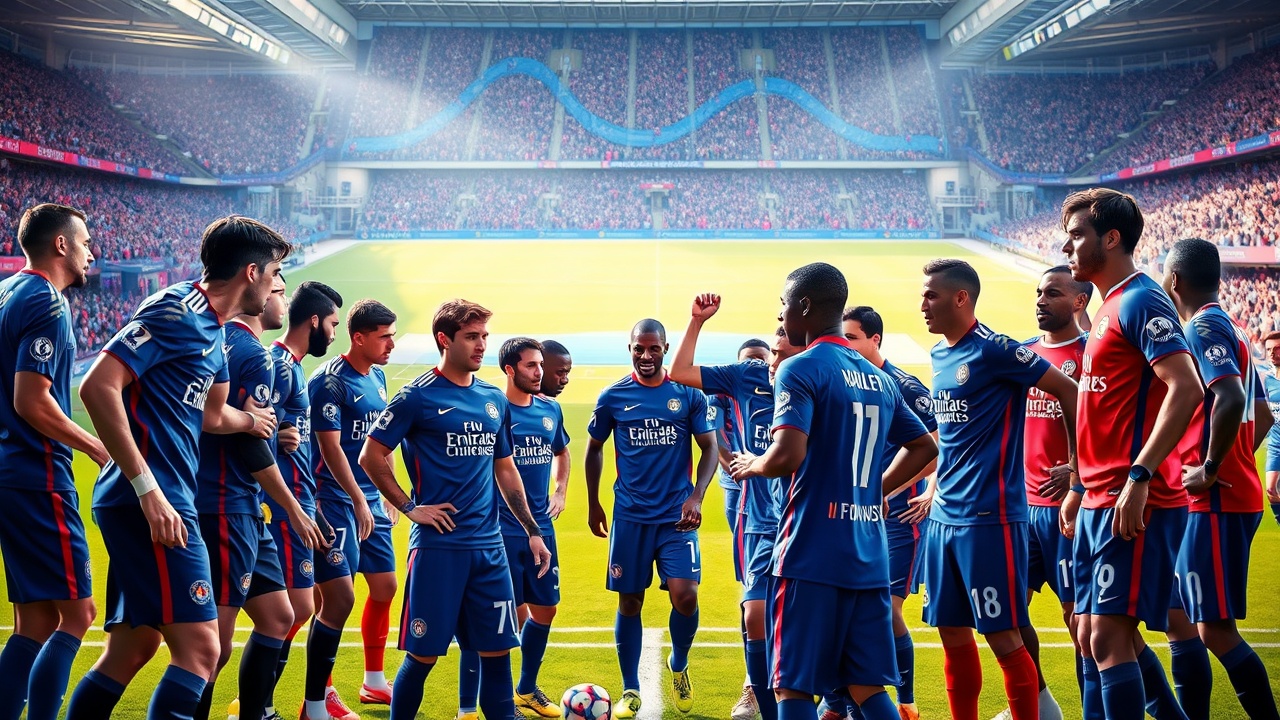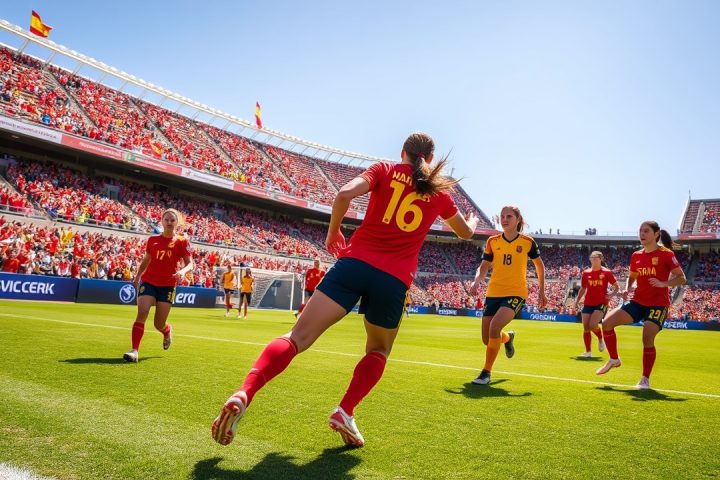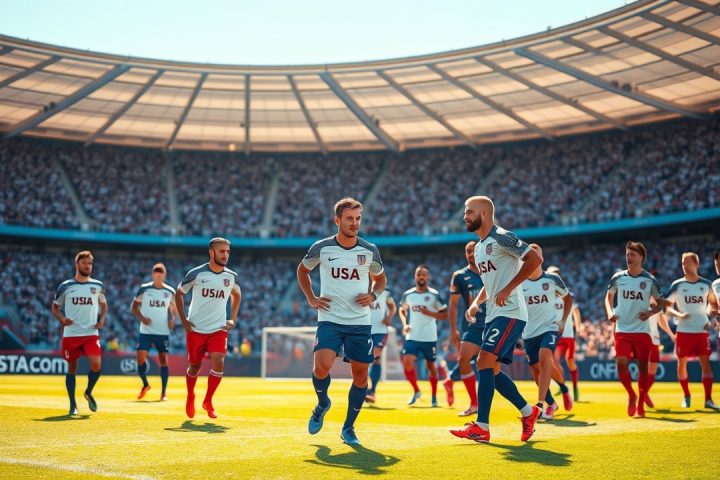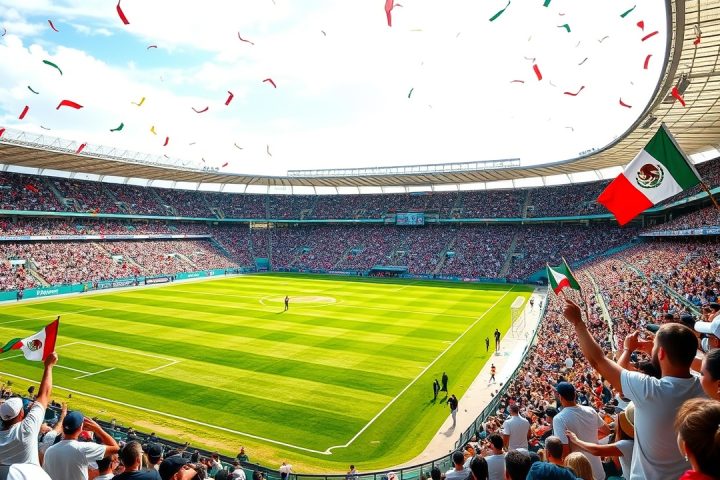Chelsea’s Tactical Triumph in the Club World Cup Final
In a striking display of tactical discipline, Chelsea defeated Paris Saint-Germain 3-0 in the Club World Cup final, showcasing a defensive strategy that effectively countered PSG’s renowned attacking prowess. Coach Enzo Maresca’s game plan hinged on establishing dominance early, which he emphasized in his post-match comments:
“The message was quite clear. We won the game in the first 10 minutes.”
This statement illustrates how crucial those opening moments were in shaping the encounter.
Defensive Strategy Against PSG
Historically, few teams excel at keeping Paris Saint-Germain off the scoreboard, particularly during a successful quadruple-winning season for Luis Enrique‘s squad in 2024-25, where they were unable to score just five times prior to facing Chelsea. However, Chelsea’s blueprint differed significantly from those previous shut-outs, as they adopted an aggressive approach off the ball that disrupted PSG’s fluid attacking tactics.
Chelsea’s defensive performance was characterized by tight marking and effective communication, allowing them to match PSG’s fluidity while applying pressure in critical areas of the pitch. For instance, Trevoh Chalobah’s proactive defending included tracking Fabien Ruiz across the field, cutting off passing lanes and preventing PSG from establishing their rhythm.
The tactical execution was evident as Chalobah and his defensive partner, Levi Colwill, demonstrated remarkable adaptability. They frequently stepped up to challenge PSG players and coordinated effectively with midfielder Moises Caicedo, who seamlessly integrated into the backline when necessary, exemplifying the defensive adaptability that overpowered PSG’s intricate build-up play.
Flank Defense and Tactical Discipline
On the flanks, the efforts of Marc Cucurella and Pedro Neto were notable as they diligently tracked opposing runners, fortifying Chelsea’s defense. Just four minutes into the match, Cucurella was already engaging deeply in defense, showing a commitment that would be crucial throughout the game. Chelsea’s organized backline even transformed briefly into a back five to congest spaces, emphasizing their tactical discipline.
While some moments of the game lacked aesthetic flair, Chelsea made effective use of a pragmatic approach, relieving pressure by clearing the ball upfield and resetting their structure. This early defensive foundation, as highlighted by Maresca, was pivotal in thwarting PSG, who are notorious for capitalizing on any defensive lapse.
Adapting Strategies and Future Outlook
In earlier matches, Chelsea leveraged high pressing but adapted their strategy against PSG, choosing to embrace one-on-one battles instead of a full-team pressing approach due to the Parisians’ fluid movement. This adaptive mindset displayed Maresca’s tactical versatility and his ability to tailor strategies to overcome various opponents. As Chelsea’s season unfolds, the defensive lessons from this triumph are expected to carry forward into future fixtures.
Reflecting on their journey, Maresca noted the shift in perception around Chelsea:
“For me, the biggest achievement this season is that exactly one year ago, no one was talking about Chelsea for football reasons.”
This remark indicates how the focus has shifted from financial squabbles to the team’s performance on the pitch. With two trophies secured in a matter of weeks, Chelsea’s renewed emphasis on tactical discipline and performance is becoming the cornerstone of their identity as they approach the next campaign.




